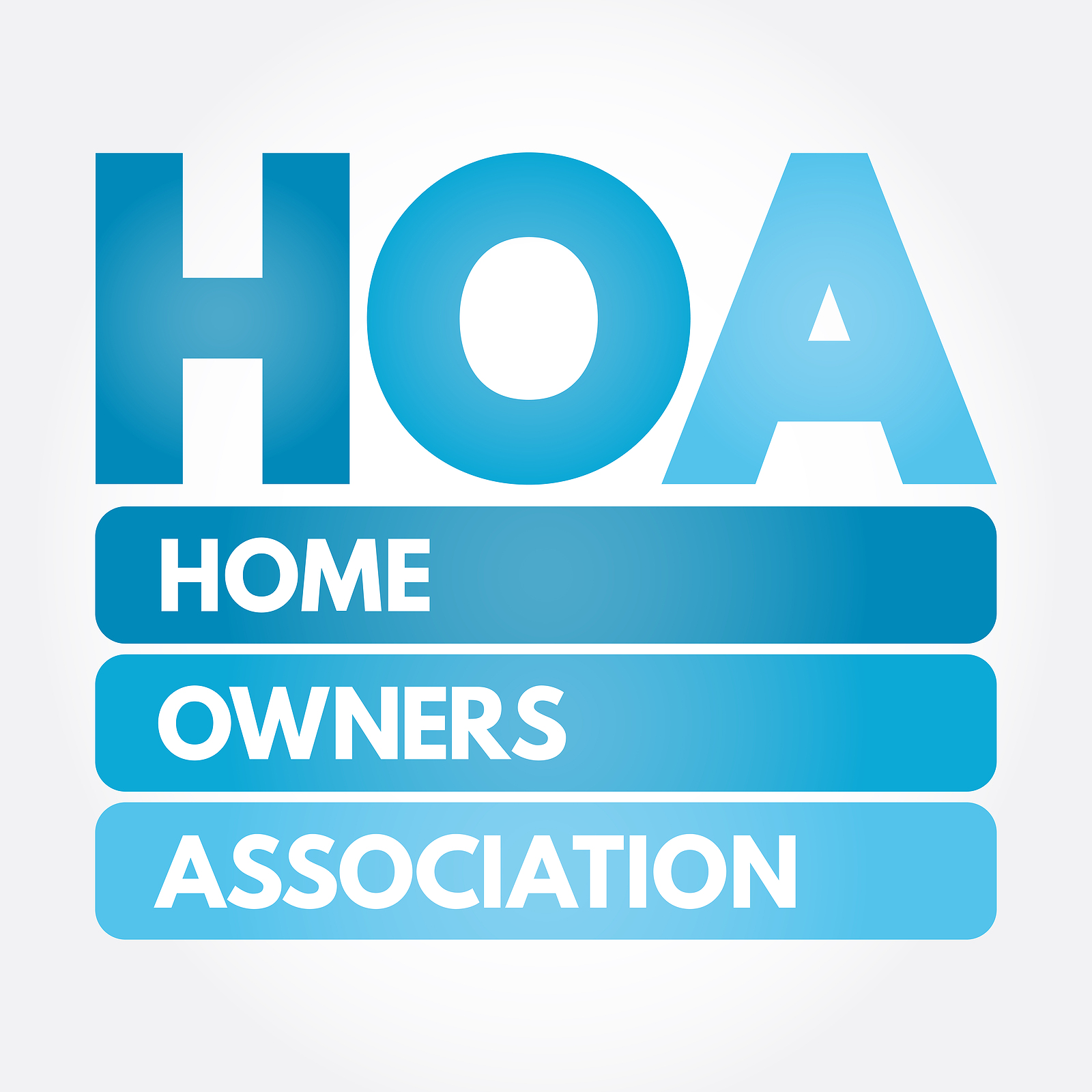A Dallas homeowners association (HOA )sent a letter to homeowner Frank Larison, a 58-year-old Vietnam veteran, threatening to have his car towed, at his expense. His crime? Displaying Marine Corps decals on the car’s bumper and in the rear window.
Jim Lane decided that the common areas in his community needed some sprucing up so he planted pansies. The HOA slapped him with a fine and, when he refused to pay it, they placed a lien against his home.
Joseph Prudente’s sprinkler system died and, subsequently, his lawn started turning brown. Prudente, 66, had fallen on hard times and couldn’t afford to repair the system and, in the Florida heat, the lawn began turning brown.
His HOA, the Beacon Woods Civic Association, requires homeowners to have lawns in the front yard and notified Prudente that he was in violation of the community’s covenants. He pleaded his case to the board, but to no avail. They filed a complaint in court, which Prudente ignored, landing him in jail.
For not re-sodding his lawn.
Say the words “homeowners association” and many Americans conjure an image of a group of meddling, power-hungry, petty tyrants. Think Elmira Gulch in “The Wizard of Oz,” and you’ll have a picture of how this group is portrayed in the media and pop culture.
The reality
Despite what we read in the media, 70 percent of Americans who live in communities governed by homeowners associations say they are satisfied with their communities, according to the Community Association’s Institute 2020 Homeowner Satisfaction Survey.
71% of those surveyed say that their HOA’s rules and regulations “protect and enhance property values.”
Whether their reputation is well-deserved or overhyped, HOAs offer both advantages and disadvantages to residents living in managed communities. One of the most obvious disadvantages are the fees or dues required of residents. Don’t pay them, and the HOA can not only slap a lien against the home, but push you into foreclosure.
Why homeowners have to pay dues
When you buy a condo or single-family home in a managed community you are essentially agreeing to share in the costs of maintaining the common areas and amenities shared by all residents.
The payments are a lot easier to swallow if you think of them as helping to ensure your property’s value.
HOA fees vary, depending on amenities and services provided by the association. “Some estimates claim these fees are between $100 and $700, with roughly $200 as an average,” according to the staff at Investopedia. Payment due dates also vary, from monthly to quarterly, semi-annually or yearly.
Where does the money go?
The HOA uses the fees collected to pay for expenses, such as the improvement and maintenance of landscaping, parks, clubhouses, pools and tennis courts. HOA responsibilities and duties vary, however and may include:
- Paying taxes on the common areas
- Enforcing the rules
- Legal fees
- Insurance for the common areas
The reserve account
The HOA also uses a portion of the fees to fund the reserve account. This money is set aside to pay for major or long-term projects, such as replacing the roof on the clubhouse, installing a new pump for the community’s pool and painting or landscaping projects.
The reserve fund will also pay for any needed natural disaster emergency repairs
Special assessments
The HOA reserve fund may not hold enough money to take care of an unexpected large expense so homeowners may be asked to pay a special assessment. Typically, the governing board will determine whether or not an assessment is required and in what amount.
The HOA board is typically required to use these funds only for the stated purpose and, if there is money left over, the bylaws should outline whether it is to be redistributed to homeowners or held in the general fund.
If you are considering buying a home in a managed community
Shortly after signing the agreement to purchase, you’ll be given a huge packet of HOA documents to look over. Filled with legalese, this paperwork isn’t light reading.
In fact, we hope that our clients will consult with their attorneys if they find anything in the paperwork that they don’t understand.
Once you sign off on your acceptance of the HOA documents, there is no turning back. If you purchase the home, you are bound by them.
Pay close attention to the following documents:
- The Declaration of the Covenants, Conditions & Restrictions — A fancy way of saying “rules and regulations,” the CC&Rs, as they are known, dictate how you can and cannot use the home. Some HOAs also issue a separate document outlining rules and regulations.
- From pet ownership, landscaping and the appearance of the exterior of the home to whether or not you can smoke in your backyard and what color your mailbox can be painted, everything you need to know to decide whether or not the HOA is too restrictive for you can be found in these documents.
- Financial documents – How well does the HOA’s board handle the association’s finances? You can find out in the financial documents. You should find a statement of the amount of the current dues, the history of special assessment requests, the amount of money in the reserve fund and the HOA’s budget.
- Meeting minutes – Most HOA document packages contain copies of minutes from recent HOA meetings. Read through these with an eye toward finding frequent and repeated homeowner complaints. Repeated complaints may be an indication of an unresponsive board.
Buying a home in a managed community not only adds to your house payment each month, but it means allowing an association to govern how you use your property and, thus, impact your lifestyle.
Take your time reading the HOA documents so you go into the process with your eyes wide open.



 EN
EN
 ES
ES